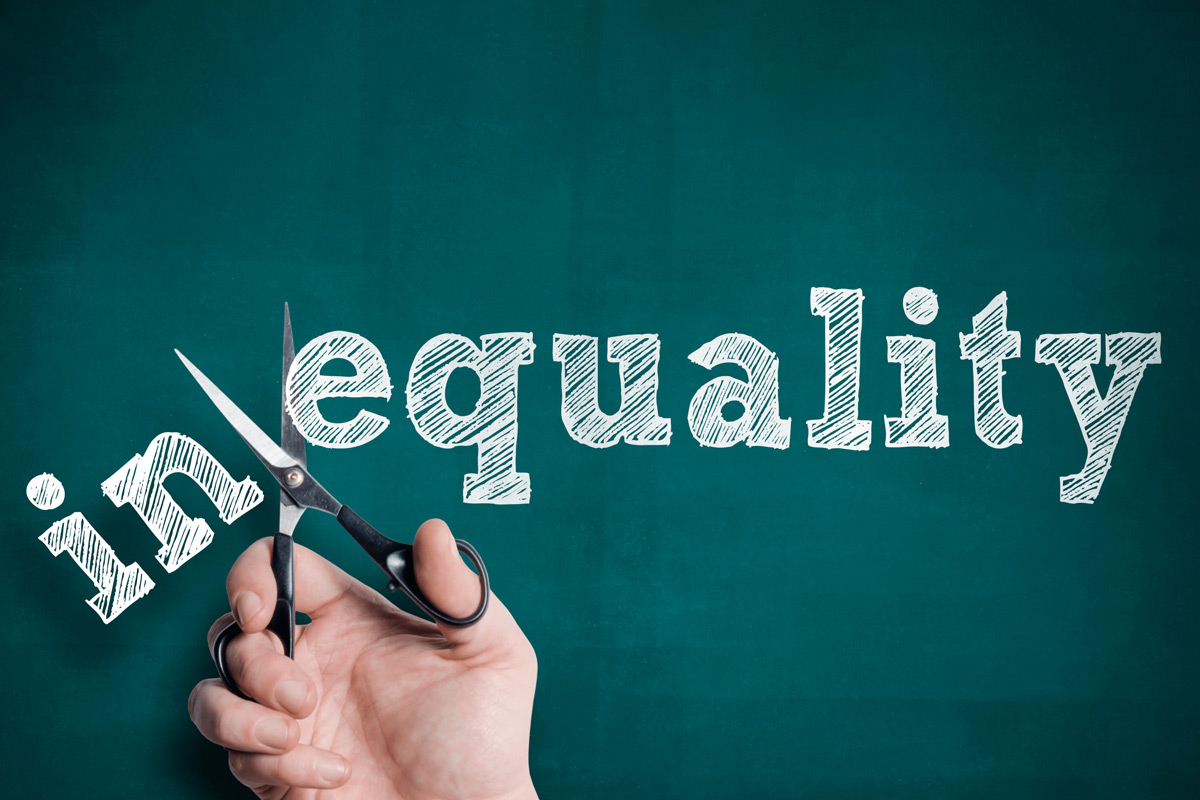
Journalist Nick Cater recently penned an article in The Australian which was little more than an all-out attack on workplace DEI programs. According to Mr Cater these programs are calculated to disempower and disadvantage white males in the Australian workforce.
The proposition accepted so glibly by Mr. Cater, that without the constraints of DEI policies everyone, sooner or later would be recognized in accordance with their skills, talents and acquired experience is unrealistic, if not hopelessly naïve. Research across jurisdictions has shown that job applications with names or other data indicating that the applicant is a woman or is different by reason of race, ethnicity, religion and so forth receive a radically reduced percentage of invitations for interviews. Moreover, members of these groups who do secure employment face headwinds throughout their careers.
Despite the unwarranted description by Mr. Cater of DEI as a movement or ideology, it is neither of these things .In fact, DEI is no more than an evolving and flexible set of ideas and attitudes designed to meet the needs of twenty first century organisations . The organisations which embrace the principles of DEI can build on the experiences of others, but frequently will find their own way of achieving their objectives. Diverse teams are more innovative and respond better to complex problems in a fast-changing business environment ( research by EY global ). A Mckinsey study in 2020 showed that companies with strong diversity are 25% more likely outperform their peers ( Forbes, 31 January, 2023 )
A DEI program for the workplace rests on three pillars.
The first can be found in the Universal Declaration of Human Rights to which states that all rights and freedoms are to be enjoyed by everyone without distinction of any kind such as race, colour, sex , language, religion, political or other opinion, national or social origin, property, birth or other status.
The second pillar is that the composite elements of a diverse workforce and a culture of inclusion can generate huge benefits for organisations. The research shows that workforces composed of people with different backgrounds, skills and mindsets, who are welcomed and respected because of the differences bring added perspectives and expand the conceptual dimensions of workplace teams
The third pillar is equity. Equity describes behaviours that ensure that systems and processes within the organisation work fairly and transparently and are not biased for or against any groups. White males sometimes who feel marginalised by DEI programs fail to take account of the historical advantages which they have enjoyed in recruitment and promotion..
If these three pillars are embraced and the behaviours which they entail are consistently acted upon, modelled and encouraged, organisations will be fairer and freer of discrimination despite Mr. Cater’s assertion to the contrary. In a multicultural Australia which is increasingly diverse, strategies and programs designed to right some of the wrongs of the past and create a level playing field are not subverted by ill-informed and sometimes malicious commentary.
